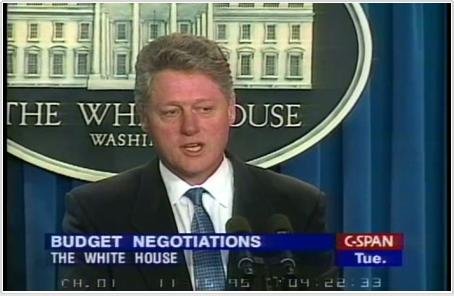
Women & Money Paralysis
There is an old belief that women are more cautious about money than men, and whether you believe that or not, both women and men may fall prey to a kind of money paralysis as they age – in which financial indecision is regarded as a form of “safety.”

What Women Should Not Retire Without
When our parents retired, living to 75 amounted to a nice long life and Social Security was often supplemented by a pension. How different things are today! The good news is that life expectancy for women – as measured by the Centers for Disease Control – is now 81.1 years. The Social Security Administration estimates that the average 65-year-old woman today will live to age 86. Given these projections, it appears that a retirement of 20 years or longer might be in your future.

Why Women are Prepared for Financial Success
Statistics don’t mean everything. Read enough about women and money online, and you will run across numbers indicating that women finish a distant second to men in saving and investing. Depressing?

Women Need to Take Charge of Their Money
Many women are in charge of their financial lives, and proudly so. Some have become their own financial captains as a result of life events; others have always steered their own ships. Even so, there are too many women who are left out of financial decision making – some by their own choice.

The 1995-96 Government Shutdown and Its Impact
In late 1995, the economy had been expanding – similar to today. Stocks were on a tear: a powerful bull market had begun in 1992, and it was far from over. Between 1992 and 2000, the Dow rose about 7,800 points. In fact, it gained almost 3,000 points (about 75%) between January 1995 and March 1997.

What if America Shatters its Debt Ceiling?
During October, America may risk running out of cash. Treasury Secretary Jacob Lew recently urged Congress to lift the federal debt limit before October 17. Secretary Lew claims that if nothing is done by that date, the Treasury will have only about $30 billion in available cash to pay down as much as $60 billion in daily net expenditures. The nonpartisan Congressional Budget Office has a slightly different opinion: it believes that the government will run out of free cash sometime between October 22 and November 1 if a stalemate persists on Capitol Hill.

Pension Questions After Detroit Bankruptcy
In the wake of Detroit’s fiscal problems, current and future pension recipients across the country are wondering about the stability and amount of their promised incomes.

How Impatience Hurts Retirement Saving
From 1993-2012, the S&P 500 achieved a (compound) annual return of 8.2%. Across the same period, the average investor in U.S. stock funds got only a 4.3% return. What accounts for the difference?
The FED Perturbs the Markets
On June 19, the Federal Reserve let investors know that “easing without end” will eventually end, perhaps as early as mid-2014. Wall Street had anticipated such a signal, but investors still reacted emotionally to the news, with the Dow Jones Industrial Average ceding all of its May and June gains in less than two market days. (The index fell 206 points on June 19 and 354 points on June 20.) Bears see the air quickly coming out of the rally; bulls think the rally will pause during the turbulence, then resume.

Where Did Inflation Go?
QE1 and QE2 did boost inflation in the short-term; in fact, one of the things that prompted QE2 was the Fed’s concern about deflation in 2010. Yet inflation has lessened since QE3 started.

Understanding the Markets
If you stopped most people on the street, you’ll find they have only a hazy understanding of what most financial and economic terms signify or reference. If you’ve ever been left dizzy by the jargon of the financial world, here is a brief article that may help clarify some of the arcana.

Could the Bulls Still Run Without the Fed?
If the central bank ceased easing, could stocks continue their ascent?
What Happened to "Sell in May"??
An old belief has lingered on Wall Street for years – the belief that investors should get out of stocks in May and get back into stocks in October. But here we are in May – and while...
7 Retirement Assumptions to Reassess
What makes financial sense for some may not make sense for you.
Gold's Big Plunge
On April 12, the precious metal settled at $1,501.40 on the COMEX – diving 4.1% in a single trading day and 20.5% under its all-time closing high of $1,888.70 on August 22, 2011. Statistically, that was the end of a lengthy bull market – one marked by 12 years of annual gains.
4/22/2013 Weekly Video Update
A quick summary of last week's economic events and some items to watch for this week.
Merits of Fee-Based Management
I want to let you know about five key reasons why fee-based management has great merit and why I've transitioned many of my clients to it.
Can Stocks Advance Further Without a Weak Dollar?
In recent years, stock market gains have been associated with a weak dollar (among other factors). This latest rally on Wall Street seems to be an exception: years of dollar weakness may be giving way to renewed foreign investment in U.S. currency, spurred by global belief that things are getting better in America.
What Does the Dow's Record High Really Mean?
As the Dow Jones Industrial Average settled at a new all-time high of 14,253.77 on March 5, the psychological lift on Wall Street was undeniable – the market was finally back to where it was in 2007. Or was it?
